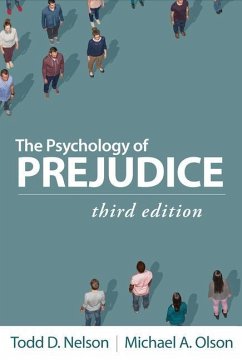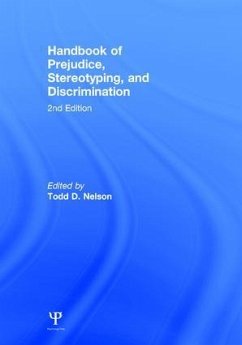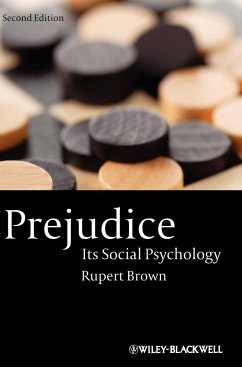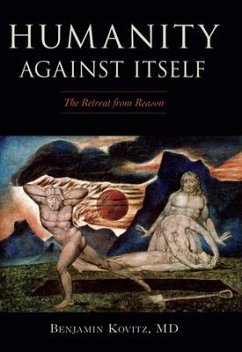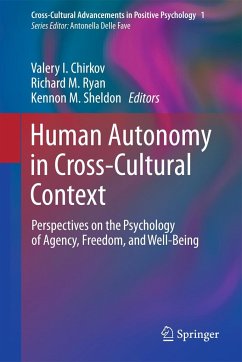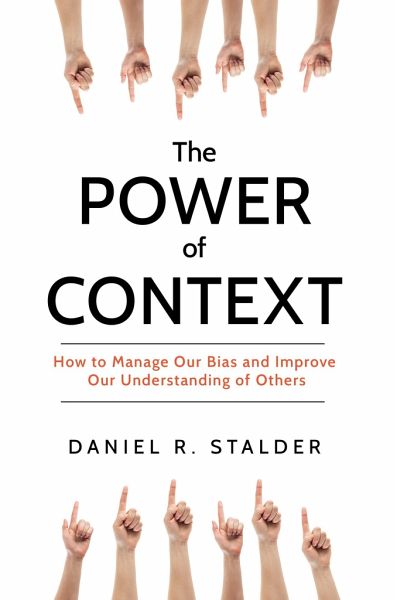
Power of Context
How to Manage Our Bias and Improve Our Understanding of Others
Versandkostenfrei!
Versandfertig in über 4 Wochen
19,99 €
inkl. MwSt.

PAYBACK Punkte
10 °P sammeln!
A social psychologist focuses on a very common yet rarely discussed bias called the "fundamental attribution error," showing how being aware of this bias can improve our day-to-day understanding of others.Social life involves making judgments about other people. Often these snap judgments turn out to be wrong when we overlook context. Social psychologists call this pervasive bias the "fundamental attribution error." This book explores the many ways in which this error creeps into our social interactions, frequently causing misunderstanding, hurt feelings, and negative treatment of others.Psych...
A social psychologist focuses on a very common yet rarely discussed bias called the "fundamental attribution error," showing how being aware of this bias can improve our day-to-day understanding of others.Social life involves making judgments about other people. Often these snap judgments turn out to be wrong when we overlook context. Social psychologists call this pervasive bias the "fundamental attribution error." This book explores the many ways in which this error creeps into our social interactions, frequently causing misunderstanding, hurt feelings, and negative treatment of others.Psychologist Daniel R. Stalder examines common examples of this error, from road rage and misinterpreting facial expressions to "gaydar," victim blaming, and prejudice. The common denominator in these diverse examples is that we falsely assume inherent traits or intentions while overlooking situational factors that might explain a person's behavior. Conversely in the actor-observer bias, we explain our own sometimes questionable behaviors by appealing to situational factors. For example, when you tailgate others, there's always a good reason, but when others tailgate you, they are obviously in the wrong.Stalder also reveals little-known information about classic studies of context, considers both the upsides and downsides to bias, and shares numerous strategies to reduce bias. Filled with interesting examples, new insights, and an abundance of research, this informative and entertaining book will help us understand each other and reduce conflict.



